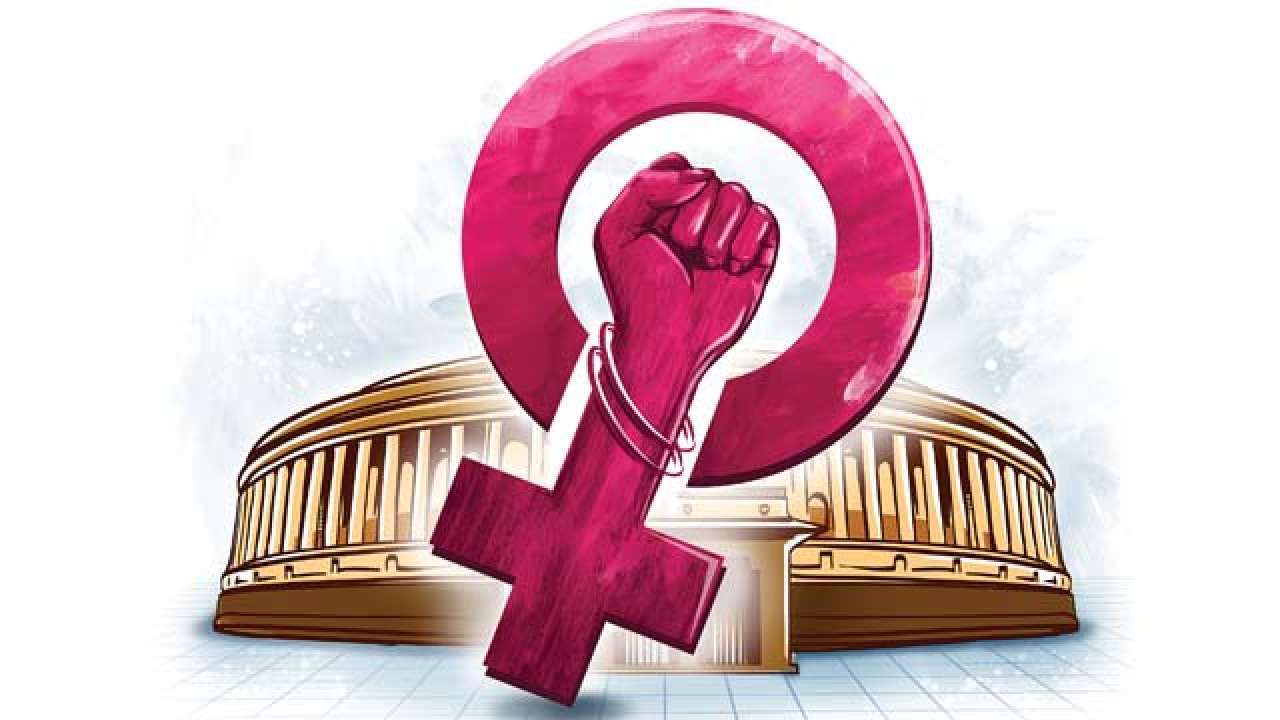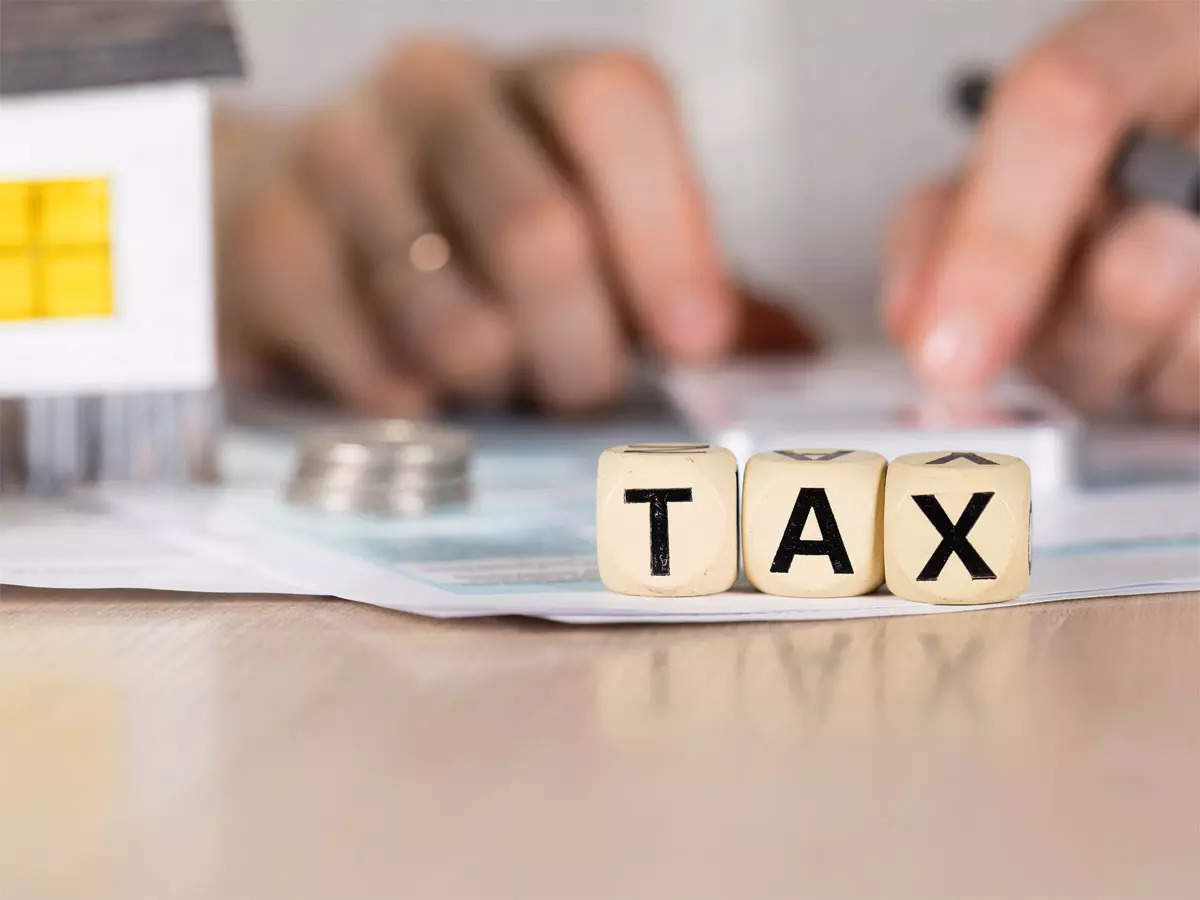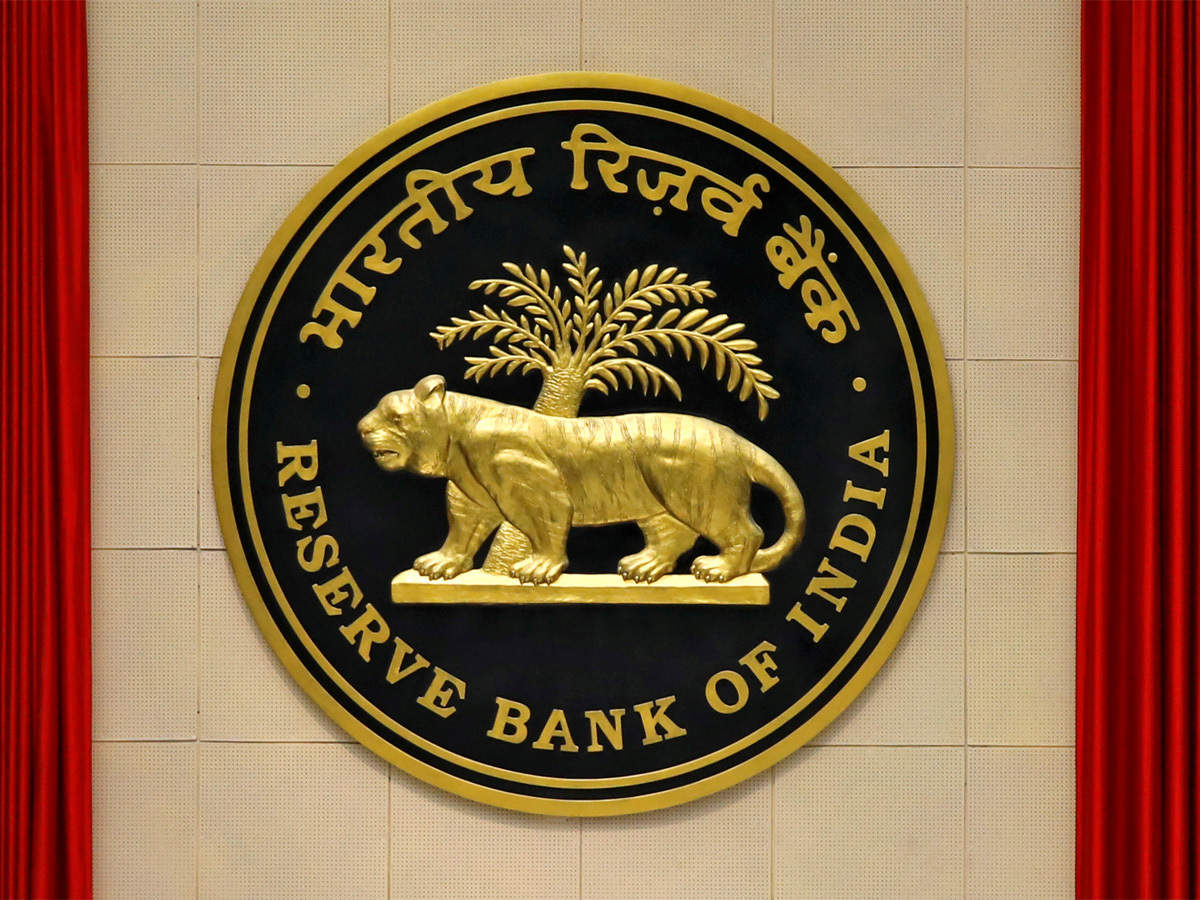Lok Sabha passes historic women’s reservation Bill
Opposition wants Bill to be delinked from delimitation and a quota within quota for OBCs; Home Minister promises to rectify shortcomings

On September 20, the Lok Sabha nearly unanimously passed a Bill to modify the Constitution and provide women with a one-third reservation in the Lok Sabha and State Assemblies, twenty-seven years after the women's reservation Bill was first submitted in Parliament.
Now that the Special Session of Parliament has two days left, the Rajya Sabha will take up the Bill for passage, which may require support from 50 percent of the States.
Prime Minister Narendra Modi thanked the members of the Lok Sabha on X (previously Twitter), calling it a "historic legislation" that will increase women's involvement in politics.
Mr. Modi wrote on X that he appreciated the support of lawmakers from a variety of political parties for the bill.
Only two nays
The constitutional criterion of "two-third majority of the members present and voting" was easily reached with 454 Lok Sabha members supporting the Constitution (One Hundred and Twenty-Eighth) Bill 2023.
Only two members, Asaduddin Owaisi and Syed Imtiyaz Jaleel of the All India Majlis-E-Ittehadul Muslimeen, had voted against the Bill.
Mr. Modi was there during the voting procedure, which took roughly two hours because members voted physically on paper slips.
Battle for credit
During the eight-hour debate, members of the Treasury and Opposition benches, led by Congress, fought over who should gain credit for the historic Bill and whether women from other backward classes (OBCs) should have a separate quota.
Home Minister Amit Shah promised the House that any deficiencies would be addressed in the future. "You support the Bill, and reservation will be guaranteed," Mr. Shah told members of the Opposition.
‘Quota within quota’
The Congress reversed its own position from 2010 when party leader Sonia Gandhi, who was the first speaker in the discussion, advocated for a distinct quota within quota for OBCs after a caste census was conducted. She also claimed that tying the Bill's enactment to a delimitation exercise that has been put on hold until 2026 was unnecessary.
The Congress has demanded that the Bill be promptly put into effect, thus... However, she argued that women from the socially and economically disadvantaged groups (SC, ST, and OBC) should also be given special consideration.
BJP’s OBC credentials
The Home Minister strongly rebutted the call for a separate quota for OBCs, saying that the BJP not only had the largest percentage of OBC parliamentarians, but also had a Prime Minister who was also an OBC: Mr. Modi.
Mr. Shah described the demographics of the BJP, stating that 29 ministers and 85 members of parliament were from backward communities.
‘Avoiding political reservation’
The Home Minister added that a quasi-judicial agency, such as the Delimitation Commission, will be able to decide, following public input, which seats will be reserved, so that the choice is made after delimitation.
Asking, "Should we do it?" Mr. Shah inquired, pointing out that the government would be accused of imposing a "political reservation" if the Wayanad seat held by Congress leader Rahul Gandhi or the Hyderabad seat held by AIMIM leader Mr. Owaisi were to be reserved.
Long voting process
Minister of Law and Justice Arjun Ram Meghwal said that providing reservations so quickly ran counter to the Constitution and could be challenged in court. "We will not allow the Bill to get stuck in some technicality," he vowed.
The nearly eight-hour long debate in the Lok Sabha included as many as 60 members, 27 of them were women MPs. Electronic voting was not an option since certain political parties have not yet informed the Lok Sabha secretariat of the division number or the particular seats they will allocate to individual members, which led to a lengthy voting process.

















.jpeg?updatedAt=1698938156449)




